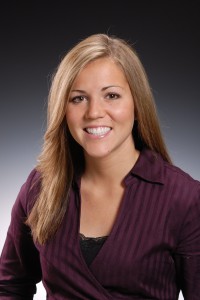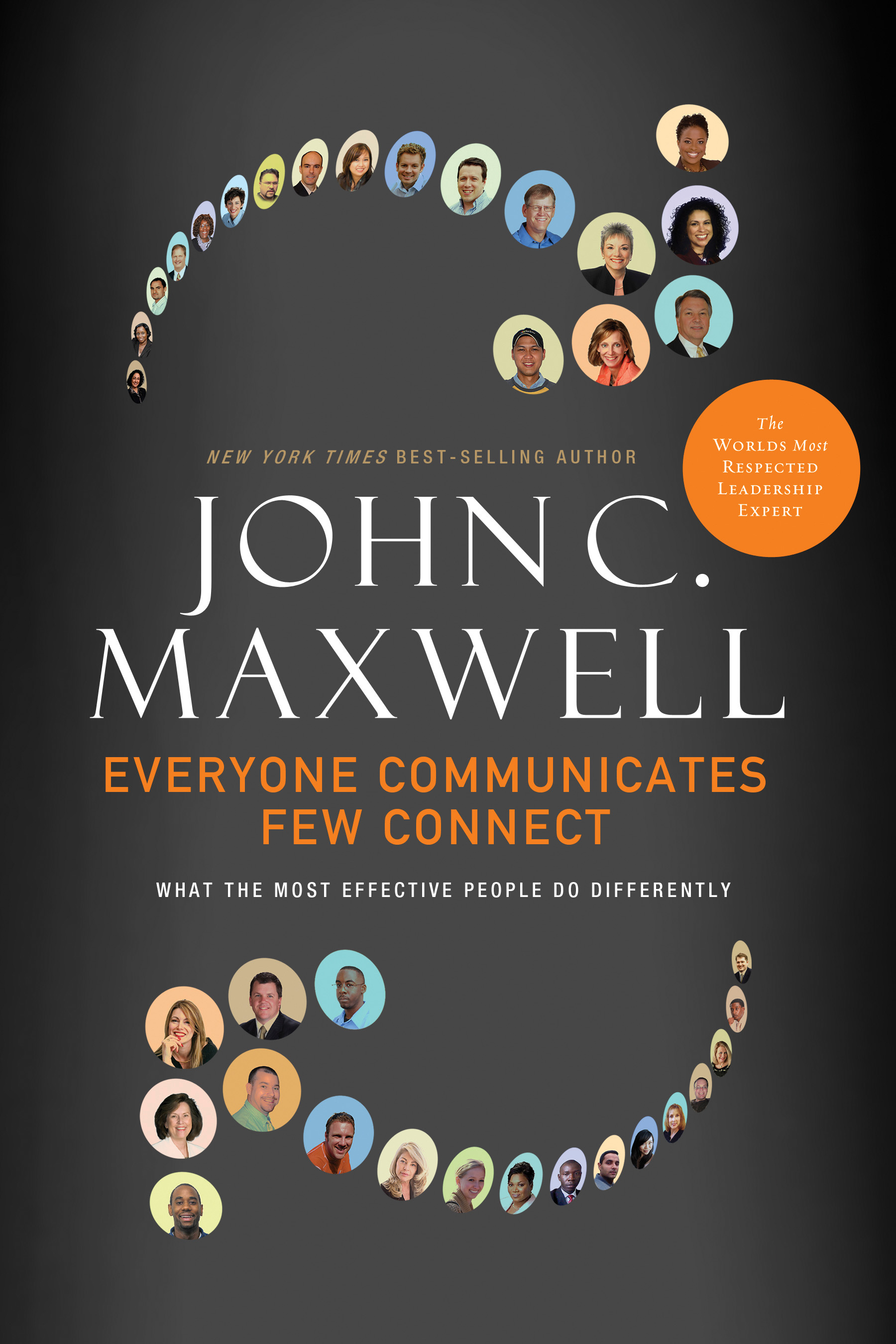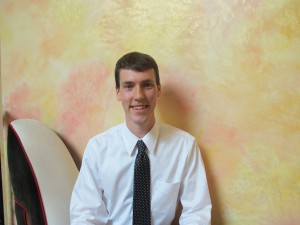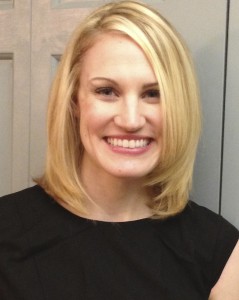 Between pitching the media and creating continuous content, we have little – if any – time to focus on personal career growth. But, with the industry rapidly evolving, we should make this a priority.
Between pitching the media and creating continuous content, we have little – if any – time to focus on personal career growth. But, with the industry rapidly evolving, we should make this a priority.
While nurturing your career can take hours on end, and ultimately feel like a job within itself, these three simple habits can help you get ahead – while staying sane – in this ever-changing, competitive PR world.
Rise early to shine on the job
If you’re not a morning person, you’re probably sick of reading about all those powerful entrepreneurs who swear waking up early is the key to success.
Now, I may not be a powerful entrepreneur, but I’m a true believer in this early-morning habit. By waking up an hour earlier, you have ample, uninterrupted time for those little things you often put off when the workday begins.
Exercise? Finish it early, before you have time for excuses. Reading the news? You’ll be more informed and prepared throughout the day. Writing a PRSA blog post? With fewer distractions, morning is the perfect time for writing.
But night owls fear not: If you can accomplish these tasks later in the evening, more power to you. Just make sure you get enough sleep to operate efficiently the next day.
Read, read and read some more
As a PR pro, you probably spend a majority of the day reading already, but the outlets and content likely revolve around your company or clients’ industries. Try thinking of yourself as another client.
You have to be well versed in, well, everything, to demonstrate your depth of knowledge to clients, leadership and peers. Here are a few suggestions to start:
- Illustrate your industry expertise by reading sites like PR Daily, Spin Sucks, and PRSay.
- Read local news to be aware of your city’s issues and happenings. It will help you lead informed conversations at networking events, happy hours and daily encounters. And, if you’re pitching locally, you’ll quickly learn reporters’ beats.
- Be aware of national and international news for pitching trend stories and being an informed citizen in general. Try an app like Cir.ca for a brief overview of important worldwide news.
Prepare and prioritize your next day’s to-do list
Before you leave work in the evening, prepare your to-do list for the following day. It will make your mornings more efficient and ensure you don’t lose track of any projects overnight.
We all have our own to-do list processes, so find what works best for you. In my case, I use the app 2Do to input every single deliverable with deadline as it’s assigned so I don’t miss anything.
Every evening, I reference the app and handwrite my to-dos on a sticky note. Then, I highlight three major projects for the day so I know where to start as soon as work begins.
Are you ready to get ahead? Take the next few weeks to adopt these habits and evaluate which fit your lifestyle so you can develop a personalized, daily routine to expedite career success.
What habits help you build your personal brand? Please add your suggestions in the comments section below.
 Stephanie Vermillion is a senior account executive at Wordsworth Communications, a public relations agency in Cincinnati. Connect with Stephanie on LinkedIn and Twitter (@SMVermillion).
Stephanie Vermillion is a senior account executive at Wordsworth Communications, a public relations agency in Cincinnati. Connect with Stephanie on LinkedIn and Twitter (@SMVermillion).

 As young communicators, we can learn a valuable lesson from John C. Maxwell: communicating isn’t the same as connecting.
As young communicators, we can learn a valuable lesson from John C. Maxwell: communicating isn’t the same as connecting.
 Beginning a career in public relations can be quite a daunting prospect. There is no point-by-point roadmap to direct you on the way to professional success, and you will encounter plenty of obstacles along the way. I found myself in the hectic world of the “entry-level” after graduating college in May 2013; and now as I prepare for the next step in my career, I can think of a few pieces of advice that I have picked up along the way:
Beginning a career in public relations can be quite a daunting prospect. There is no point-by-point roadmap to direct you on the way to professional success, and you will encounter plenty of obstacles along the way. I found myself in the hectic world of the “entry-level” after graduating college in May 2013; and now as I prepare for the next step in my career, I can think of a few pieces of advice that I have picked up along the way:


